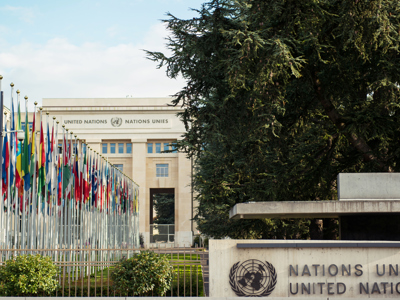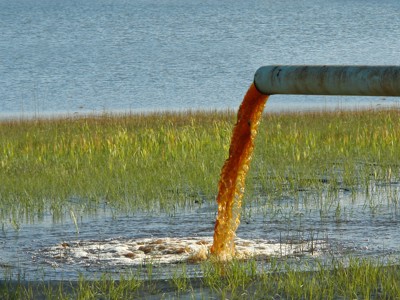2024 blogs
Leigh Day blogs 2024
12 of 81 items displayed

Our Rights, Our Future, Right Now
On Human Rights Day, solicitor Frances Swaine, who works in the immigration and asylum team, discusses the importance of human rights in a democratic society and its application for those seeking asylum in our country.

The right to access to justice
Paralegal Jerome Bond describes the prevalence of human rights issues in the UK government’s approach to immigration, removals, and asylum policies.

Windermere pollution: “A national disgrace”
Ben West and Fiona Huddleston discuss latest reports about pollution affecting Windermere, England’s largest lake.

Hidden commission and car finance: how companies could owe billions in compensation
A recent legal decision has dealt car finance companies a blow, as they may be forced to compensate customers for hidden commission payments, costing them billions of pounds. Tom Sinclair and Benjamin Croft from the International and Group Litigation department discuss the judgment and its possible impact.

PFAS pollution in Lancashire: High levels of ‘forever chemicals’ in local allotments
Robyn Taylor, Charlotte Armstrong, and Katie Bohl, discuss allegations of chemical pollution at a site near Blackpool.

Bentham: the most PFAS polluted town in the UK
Solicitor Charlotte Armstrong discusses alleged pollution in the Yorkshire town of Bentham from ‘forever chemicals’.

Nine years of Dieselgate - from the High Court to recalls and the risk to people’s health
As the Times reports that thousands of cars may be recalled due to government investigations into the Dieselgate scandal, Leigh Day partner, Fiona Huddleston and paralegal Berk Soyer look at the potential implications of Dieselgate for human health, the environment and vehicle recalls.

John Smyth: “a problem solved and exported to Africa”
Rebekah Read considers the Makin Review in the context of her experience of handling claims of abuse perpetrated by British citizens in the Global South.

Lung Cancer Awareness month: Rise in Silicosis cases
In Lung Cancer Awareness month, Andrew Cooper explains the rise in silicosis cases being seen by Leigh Day's industrial disease team

The Wirecard scandal
The legal ramifications of the Wirecard scandal continue to proliferate – Now shareholders are demanding justice from Wirecard’s auditor EY. Paul Dowling and Maja Berger explain.

A life rewritten: unlocking new paths after amputation
The loss of a limb can significantly impact a person's life, but with the right support, including rehabilitation and financial stability, a legal claim can help build a positive future. Learn how our expert team can guide you through the process.


